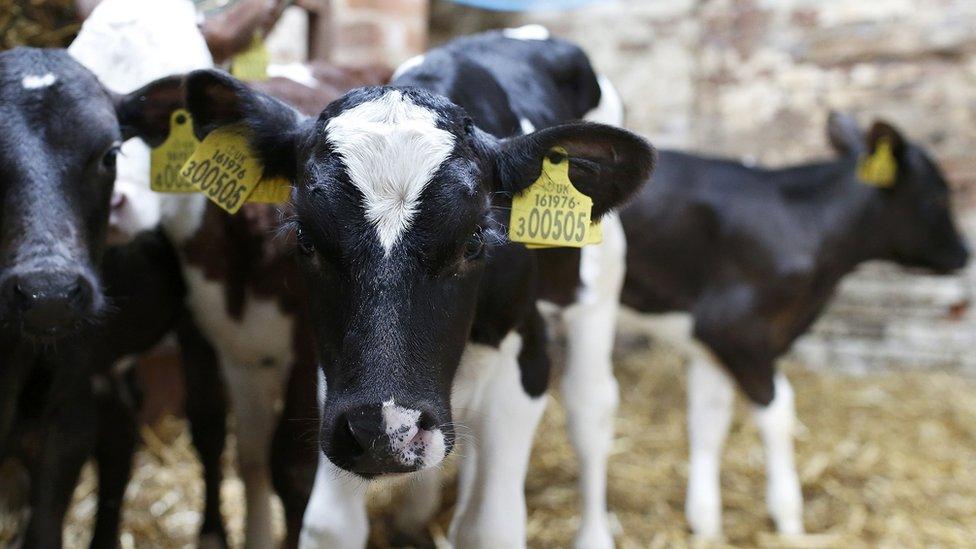Unions want Welsh farming on firm footing post-Brexit
- Published
- comments
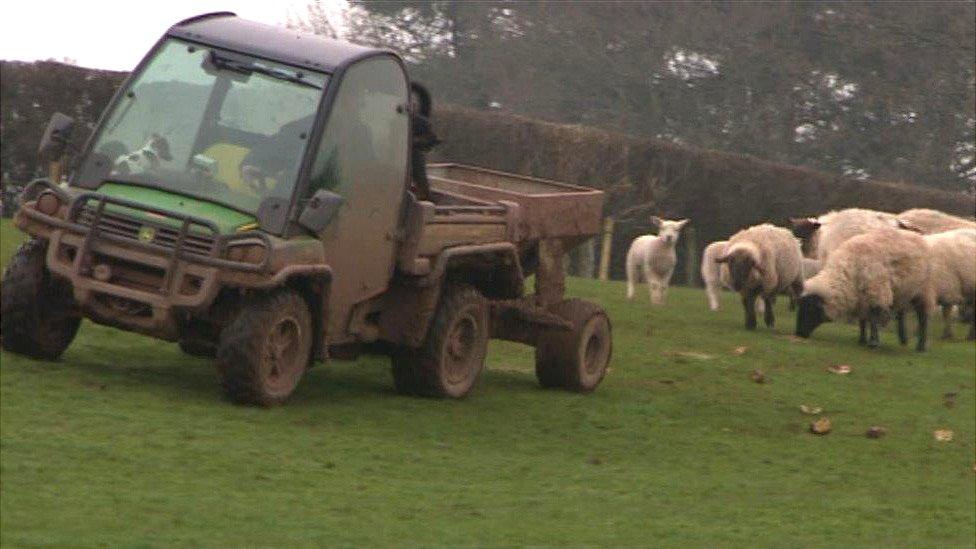
Brexit has led to more political awareness about challenges facing farming in Wales, unions have claimed.
Both FUW and NFU Cymru have urged parties in the General Election to spell out how they will help the industry.
Agriculture is set to be one of the sectors most affected by Britain's departure from the EU.
Farming leaders say decision makers are having to face up to future funding questions.
"I really feel that they are starting to realise how important the payments we receive are, not just to the future of agriculture but to the rural economy too," FUW president Glyn Roberts said.
Eighty per cent of Wales' land mass is managed by farmers and the industry is made up of a patchwork of smaller, family-run businesses.
Most operate on what is known as "less favoured" land, where it is hard or impossible to grow crops, so their focus is on lamb, beef and dairy products.
On average, 80% of Welsh farm income comes from EU payments.
Studies suggest farmers spend most of the money they receive in their local area, helping sustain rural communities.
"Many farmers aren't rich in a material sense," Mr Roberts said.
"But our real wealth is the beauty and heritage of the landscapes and communities we care for - and you're going to lose all of that if you take money away from agriculture."
'England-centric' fears
However the future of farm subsidies is subject to debate, with some arguing any future investment could be better targeted.
That will form part of the discussion around a new UK framework for agricultural policy and spending after Brexit, designed to minimise competition between the different home nations.
The union fears an "England-centric approach" could be imposed from Westminster and want to see the next UK government working closely with the devolved administrations.
"Four parties need to be involved in designing that framework," Mr Roberts emphasised. "Four people, four countries round a table."
"The most important ask is that they recognise the uniqueness of Welsh family farms and respect devolution when planning the future of agriculture," the FUW's managing director Alan Davies added.
"It's an unique way of life that we really need to hold dear. And it is very different to England."

FARMERS' VIEWPOINTS
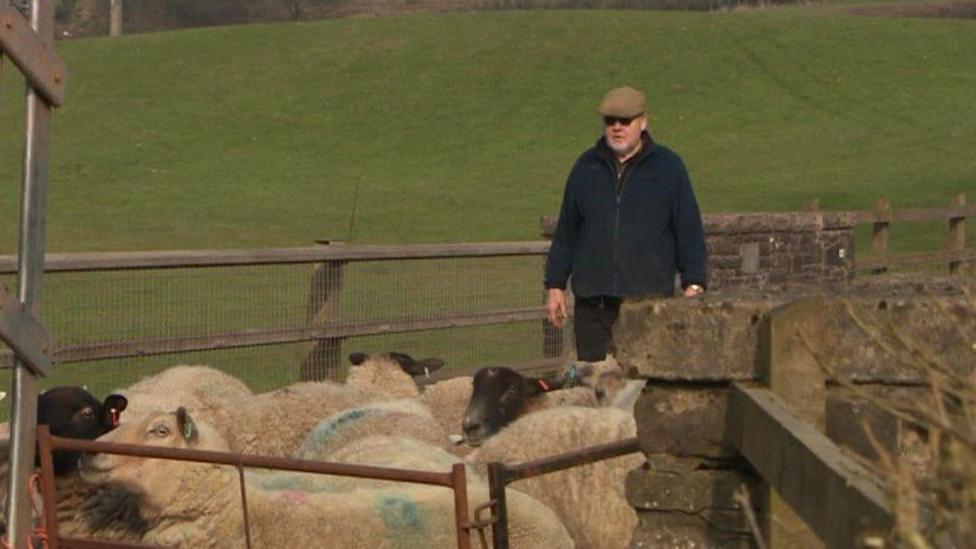
Edwin Roderick
Neighbours Edwin Roderick and Gethin Havard both farm near Sennybridge in Powys but have opposing views on Brexit.
Mr Roderick voted Remain but said he had heard more discussion about agriculture from politicians since the referendum and that was "a good thing".
"Before it had been a dirty word, and now it's a hot topic because they can see that this is where the first hiccup is going to be."
"I really hope things work out but I'm worried."
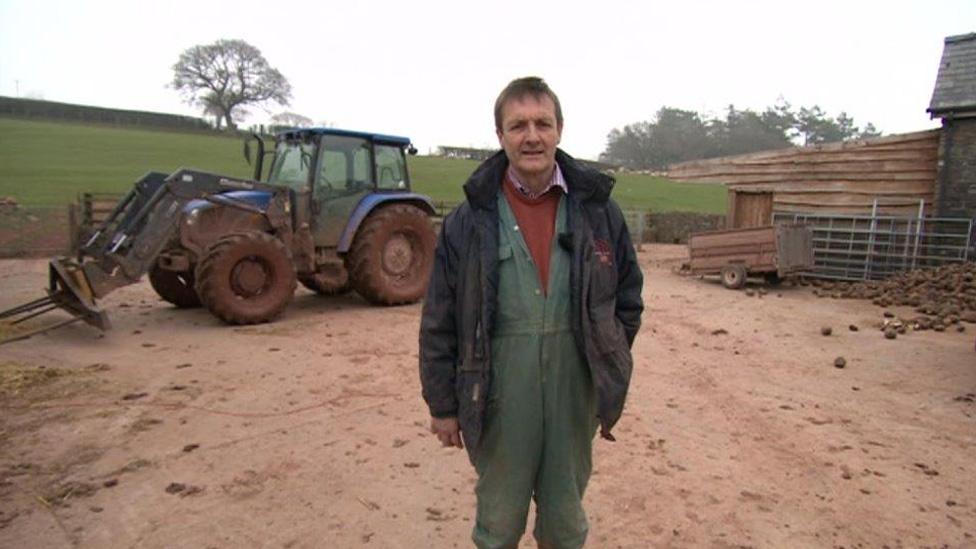
Gethin Havard
Mr Havard said he voted "out" without hesitation as he wanted UK politicians to have more of an influence on the future of farming.
"I felt that the money that agriculture was getting was badly targeted and also that our politicians didn't take as much interest in our industry as they should."
"I'm looking forward to getting accountability closer to home."

WHAT DO THE PARTIES SAY?
LABOUR
"Welsh Labour fully recognises the risks to farmers and the wider rural economy from Theresa May's reckless Brexit negotiation. It is why we stressed the need for unfettered access to the Single Market in the Welsh Government's "Securing Wales' Future" report. We believe that we can protect the industry through setting the highest standards for food quality and welfare. Brexit cannot be an excuse to undercut our farmers and we must stop the food chain being flooded with cheap and inferior products."
LIB DEMS
"Farming and agricultural businesses are an essential part of the Welsh economy and Conservative plans to drag us out of the Single Market put them in huge danger. From huge tariffs on agricultural produce to a loss of direct funding for farmers in Wales, we must do all we can to ensure that farming and agriculture are protected in the years ahead.
"That's why the Welsh Liberal Democrats are calling for not a penny less to be spent on farming in Wales once we leave the European Union, and are calling for the UK to remain a member of the Single Market, enabling Wales to export world-class produce without enormous tariffs or excessive bureaucracy pricing them out of the market."
UKIP
"Welsh farmers should have greater autonomy by adopting measures which overhaul obstructive EU directives. Instead, voluntary solutions should be a favoured approach to the problems faced. In addition, farms which have invested in good land management practises should receive support and acknowledgement for their contributions to the wider environment."
CONSERVATIVES
Leader of the Welsh Conservatives, Andrew RT Davies, said: "This is a huge opportunity for UK agriculture, and the voice of Welsh farming will be heard loud and clear during the negotiations.
"Of course we must ensure that Welsh farmers are not worse off after Brexit, but I have no doubt that the strong and stable leadership of Theresa May as prime minister will deliver the best possible outcome for Wales.
"The alternative would be devastating for Welsh agriculture."
PLAID CYMRU
"Plaid Cymru MPs will, at all times, act as friends and advocates for Welsh farming, Welsh produce and the rural way of life. Farming and the countryside is essential to our vision for Wales. Our approach as Wales and the UK leave the EU is to ensure that Wales receives the same level of agricultural funding support, and that it is prioritised for the hill-farming and dairy sectors.
"Plaid Cymru MPs will press for an early guarantee from the UK government that this vital support will not be suddenly switched off. We will also continue to promote Welsh produce and food exports, building on the excellent work producers have already done to create a premium national brand. At the same time, we will not support the entry of cheap agricultural imports into the Welsh and UK markets."
GREEN PARTY:
"We urgently need a long term, coherent agricultural strategy for Wales post Brexit that will support farmers, growers and our rural communities.
"Protecting wildlife, restoring biodiversity, developing flood protections and improving our soils also need to be central. A 'one size fits all' approach to agriculture just won't do. Support for our farmers must be guaranteed by the UK government after 2020, or we will see the loss of many farms in Wales and the decimation of rural communities."
- Published24 March 2017
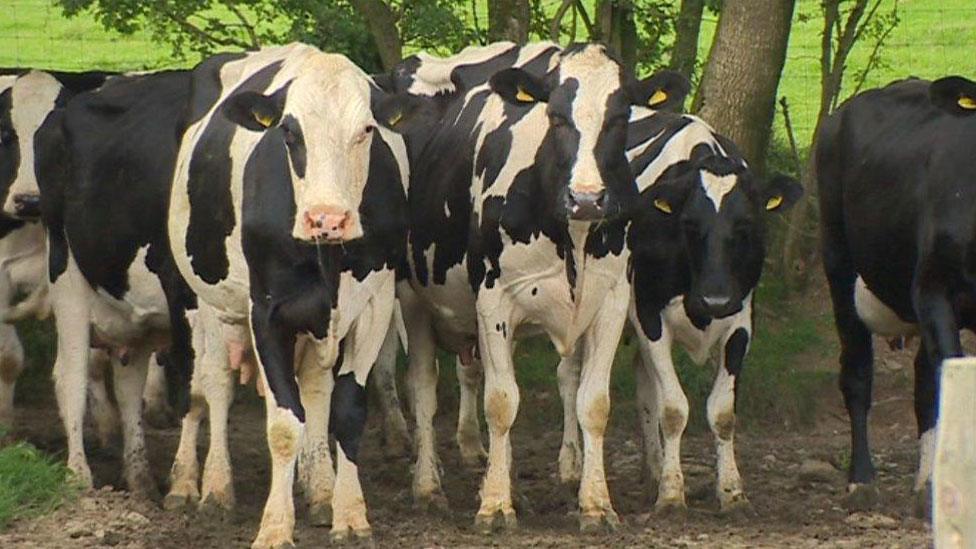
- Published25 August 2016
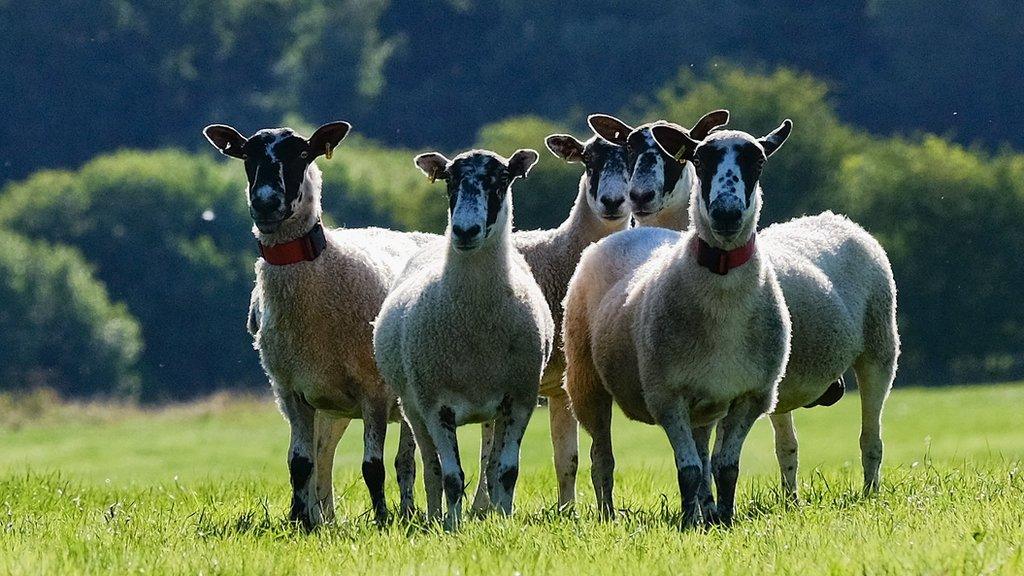
- Published4 July 2016
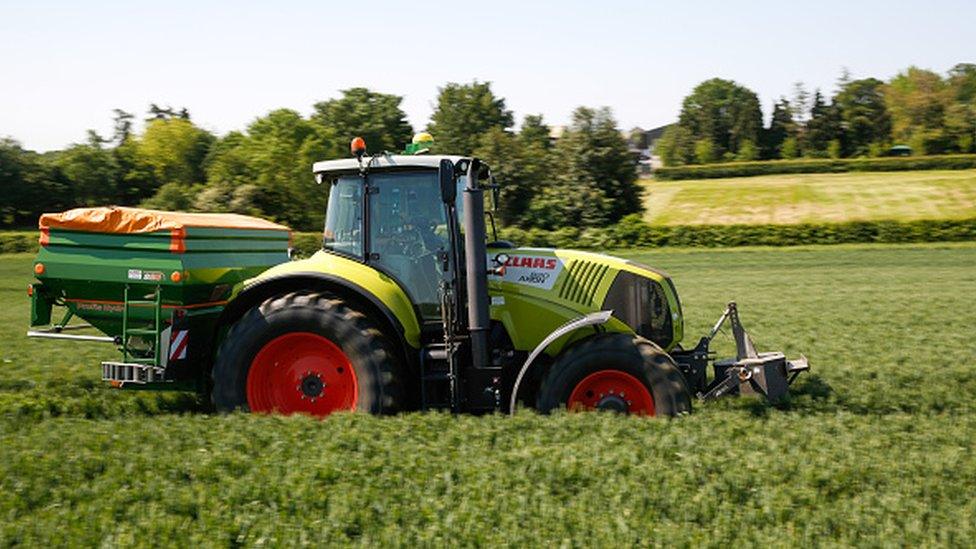
- Published18 July 2016
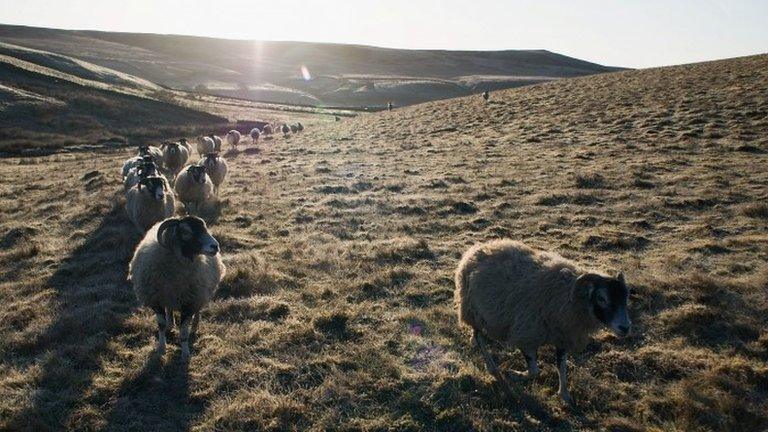
- Published28 November 2016
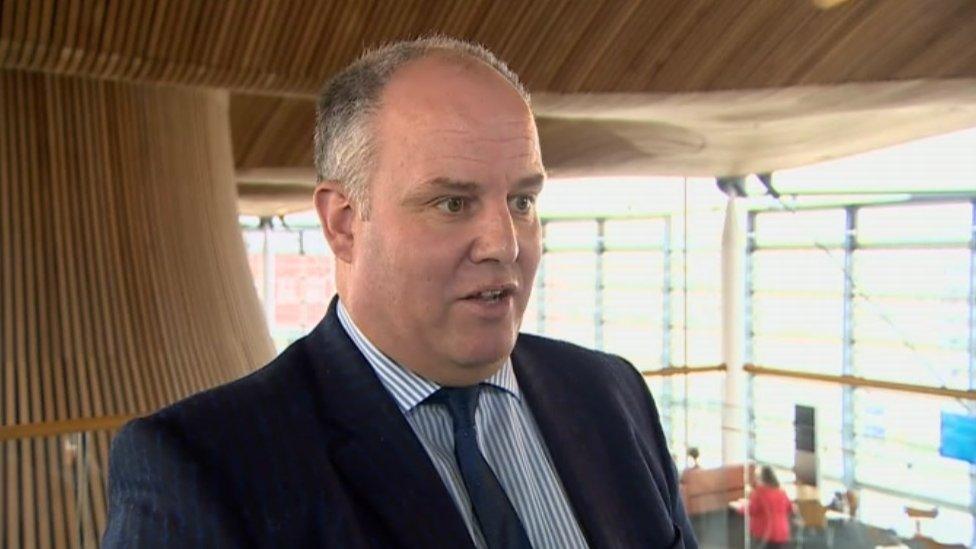
- Published8 February 2017
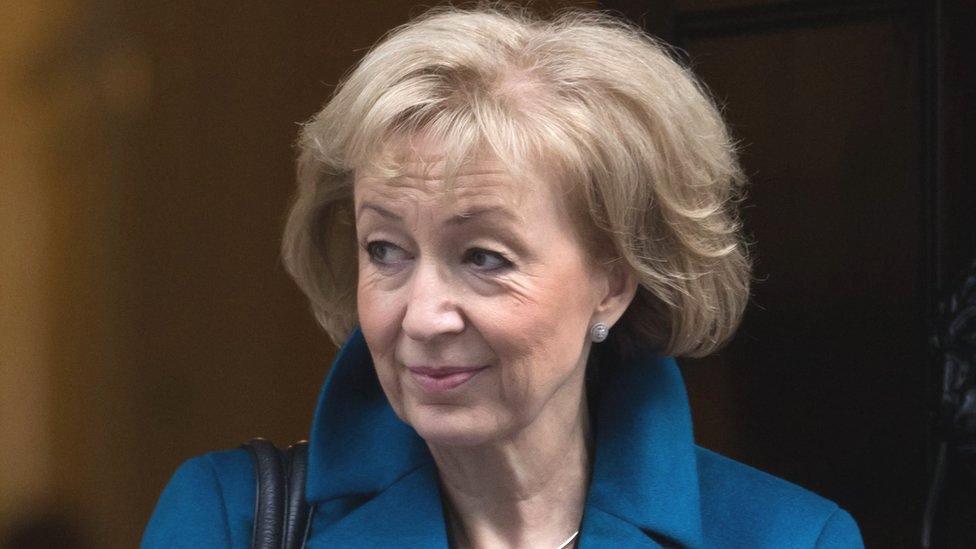
- Published17 August 2016
